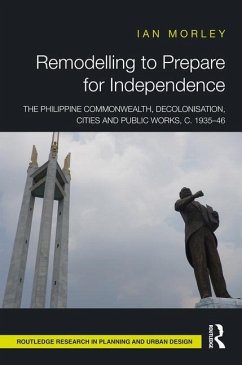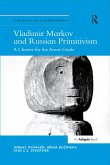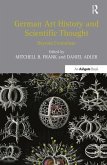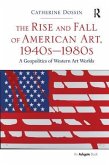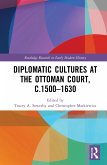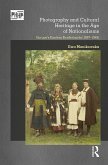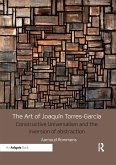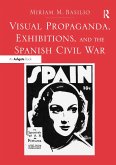Remodelling to Prepare for Independence: The Philippine Commonwealth, Decolonisation, Cities and Public Works, c. 1935-46 illuminates the implications of the USA's final phase of colonial rule in the Philippine Islands. It explores the Filipino side of decolonisation and the management of the built environment in the years immediately prior to self-rule.
This book shakes off the collaboration vs. resistance paradigm that empire histories generally follow and consequently yields an original vantage point to comprehend transition within an Asian society in the years immediately prior to, during, and after World War Two. This will not only deepen insight of the American Empire, but also grants the opportunity to tie Philippine political-cultural change to the global history of urban planning's advancement. Accordingly, it opens a new window to rethink Filipino ethno-history and societal evolution, alongside the opportunity to compare the Philippines with other nations that undertook planning projects as part of their decolonisation process and early-postcolonial advancement. The book utilises theoretical frames in order to help creatively excavate the era 1935-46 for the purpose of not just revealing what public works occurred, but to also uncover what those projects meant to the Commonwealth Government, the BPW's staff, and the public who benefitted from public works projects.
The book will be relevant to students and researchers of Urban History, Asian and American (Empire) History, and Imperial and Colonial Studies. Architects, planners, and members of the public who are interested in the form and meaning of urban environments designed/constructed in the past will also find the publication to be of great interest.
This book shakes off the collaboration vs. resistance paradigm that empire histories generally follow and consequently yields an original vantage point to comprehend transition within an Asian society in the years immediately prior to, during, and after World War Two. This will not only deepen insight of the American Empire, but also grants the opportunity to tie Philippine political-cultural change to the global history of urban planning's advancement. Accordingly, it opens a new window to rethink Filipino ethno-history and societal evolution, alongside the opportunity to compare the Philippines with other nations that undertook planning projects as part of their decolonisation process and early-postcolonial advancement. The book utilises theoretical frames in order to help creatively excavate the era 1935-46 for the purpose of not just revealing what public works occurred, but to also uncover what those projects meant to the Commonwealth Government, the BPW's staff, and the public who benefitted from public works projects.
The book will be relevant to students and researchers of Urban History, Asian and American (Empire) History, and Imperial and Colonial Studies. Architects, planners, and members of the public who are interested in the form and meaning of urban environments designed/constructed in the past will also find the publication to be of great interest.

